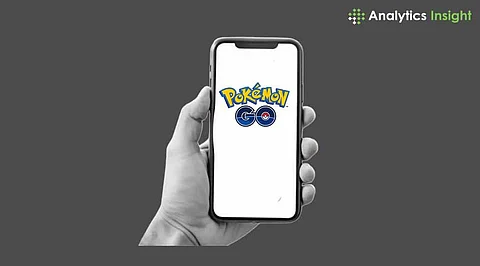

Pokémon Go is an augmented reality mobile game that allows users to travel to real-world locations to capture Pokémon in real time. The game has attracted the attention of millions of users around the world for the fun experience it provides.
However, there are serious questions about the security and privacy implications of the data used by the game. Let us look at some of these issues, as they are crucial if you plan to participate in AR gaming.
Pokémon Go collects a considerable amount of user data, such as
Real-time GPS location
Access to the camera
Device data
IP address
User habits
This data is important for gameplay and concerns users about their privacy. The game not only collects user data, but users should be concerned that the game has access to sensitive information like emails and location history.
When Pokémon Go was first released, full access was given to the app (particularly on iOS) for the user's Google account, including the ability to read emails, access documents, and all data. After the issue was addressed by Niantic, it has shown the considerable risk there may be with app permissions.
Other issues regarding security include:
Breakdown versions of an app with malware and other malicious software
Phishing attempts were fake offers of PokéCoins to get user information
Users may have other personal data in the app that could be compromised
Users should be cautious in general with apps that ask for data & permissions, and also be careful about downloading apps or providing data to unknown users.
In terms of privacy, Niantic has implemented several mitigation measures:
Limiting data access only to critical data
Making privacy policies clearer
Consulting and cooperating with the security community regarding bugs and vulnerabilities
Users are encouraged to use the app permission settings and maintain awareness about the updates to protect their data.
Augmented reality games like Pokémon Go open a new way in which digital platforms associate with the physical environment. The combination of real-time data interaction, the usage of cameras, and geolocation services creates greater user interactions but also mashes the requirements of digital consent. As AR develops, companies and regulators will be under even more public pressure to have ethical, transparent data policies. Public knowledge of available data on how and under which circumstances they are valued, defined, and subsequently developed. Involving enlightened ethics in a responsible design process will probably remain important to prevent privacy infringement, notwithstanding the innovation potential.
The success of Pokémon Go illustrates the potential for augmented reality gaming, which is increasing in popularity. It also presents an evolving case study of privacy and security; however, knowledge of the game’s data settings can help users develop the means to mitigate risks while still fully enjoying the experience with limited risk regarding their privacy.
